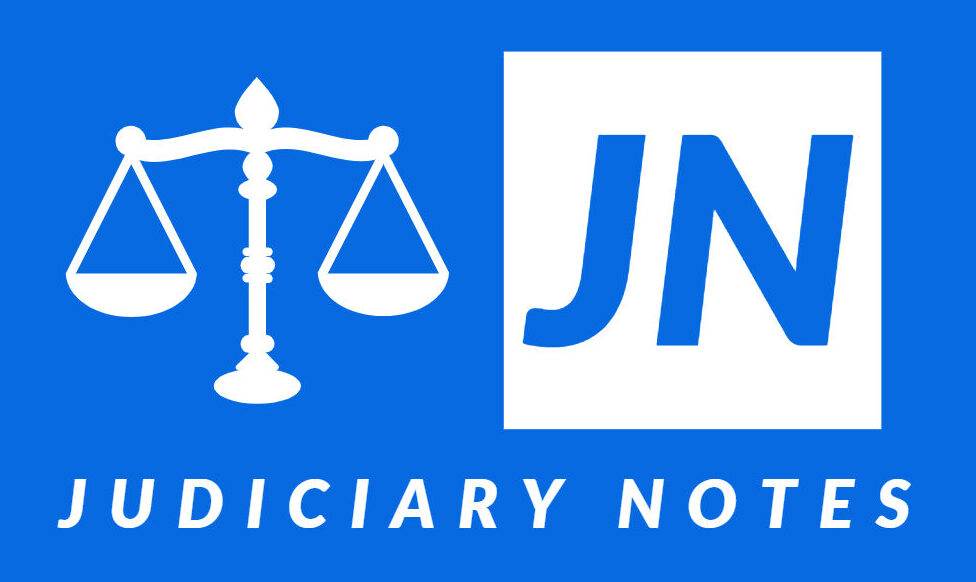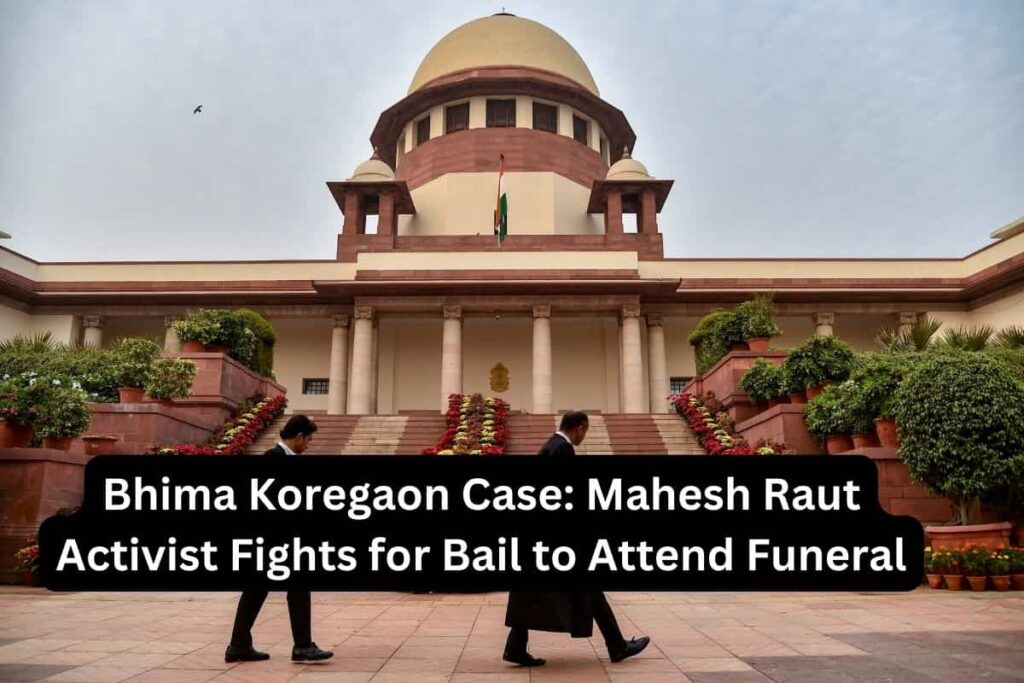Mahesh Raut, a forest rights activist embroiled in the Bhima Koregaon case, has made a desperate plea to the Supreme Court. Raut, incarcerated for over six years, seeks interim bail to attend the final ceremonies following his grandmother’s passing. This heart-wrenching case raises a crucial question: should bail be granted on humanitarian grounds, even in sensitive cases like Bhima Koregaon?
Raut, accused of having Maoist links, was arrested in 2018. The Bhima Koregaon case, a web of alleged plots and political dissent, has seen several activists detained while awaiting trial. Raut maintains his innocence, and in September 2023, the Bombay High Court granted him bail. However, the National Investigation Agency (NIA) challenged this decision, leading to a stay order by the High Court itself, which was further extended by the Supreme Court.
Now, with his grandmother recently passing away, Raut implores the highest court for a chance to participate in the post-funeral rites. The traditional mourning period in many cultures holds immense significance, and Raut’s request highlights the human cost of lengthy detentions.
The NIA, on the other hand, might argue that granting bail, even temporary, could pose a security risk. They may also raise concerns about Raut potentially using this opportunity to tamper with evidence or abscond.
The Supreme Court faces a delicate balancing act. National security is paramount, but so is the right to participate in cultural and religious practices, especially during times of grief. The court will have to weigh the severity of the charges against Raut, the strength of the NIA’s case, and the emotional significance of attending his grandmother’s final ceremonies.
This case has ignited a national debate. Supporters of Raut argue that the NIA’s case against him is weak, and that denying him bail for such a personal reason is cruel. They point out that several other activists in the Bhima Koregaon case have been granted bail, and that Raut poses no flight risk.
On the other side, some argue that granting bail, even temporary, sets a dangerous precedent. They believe that those accused of serious crimes, especially those related to national security, should not be given any leniency.
The upcoming Supreme Court hearing on June 21st will be closely watched. The decision will have implications not just for Raut, but for countless others caught in the legal quagmire of lengthy pre-trial detentions.
Beyond the Headlines: What’s at Stake?
This case goes beyond the immediate question of bail for Mahesh Raut. It raises critical questions about:
- Balancing National Security and Individual Rights: Can national security concerns outweigh the fundamental right to participate in cultural and religious practices, particularly during times of grief?
- Lengthy Pre-Trial Detentions: The Bhima Koregaon case highlights the issue of individuals being held for years without trial. Does the current system adequately address this problem?
- The Human Cost of Incarceration: Imprisonment, even pre-trial, has a significant impact on individuals and their families. Should the justice system consider the human cost when making decisions?
A Look Ahead: What to Expect
The Supreme Court’s decision on June 21st will be a landmark one. Here’s what to watch for:
- The Court’s Reasoning: The court’s justification for its decision will be crucial in understanding its stance on balancing national security and individual rights.
- Impact on the Bhima Koregaon Case: Will this decision have any bearing on the larger Bhima Koregaon case and the bail pleas of other accused individuals?
- Setting a Precedent: The court’s ruling might set a precedent for future cases involving interim bail requests on humanitarian grounds.
The plight of Mahesh Raut has ignited a national conversation about justice, compassion, and the human cost of lengthy detentions. The Supreme Court’s decision will be a crucial step in navigating these complexities and upholding the principles of a fair and just legal system.

